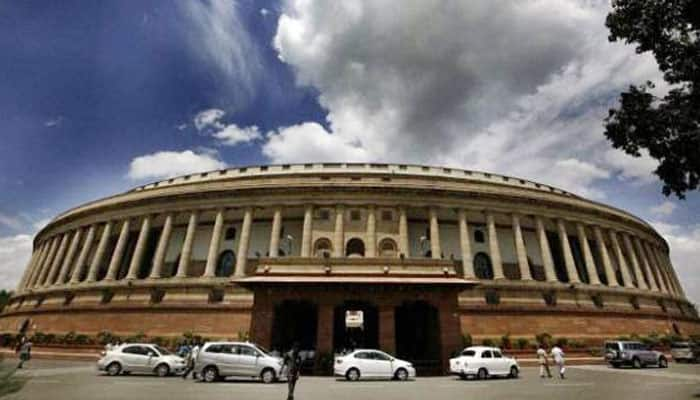Zee Media Bureau
New Delhi: The Union Cabinet on Monday approved the constitution of the GST Council which will decide, among other things, the goods and services tax (GST) rate and prepare a model Bill for operationalisation of the new tax regime.
Union finance minister will head the GST Council that will comprise state finance ministers.
The Finance Minister has also decided to call the first meeting of the GST Council on 22nd and 23rd September in New Delhi.
On last Thursday, President Pranab Mukherjee gave assent to the Constitution Amendment Bill on GST, a major step towards rolling out the new indirect tax regime.
GST is a single indirect tax that will subsume most central and state taxes such as value added tax (VAT), excise duty, service tax, central sales tax, additional Customs duty and special additional duty of Customs.
The Chief Economic Advisor Arvind Subramanian-headed panel suggested that exemptions be restricted to a few ‘merit goods’ that feature prominently in the consumption basket of the poor such as food items, especially cereals, pulses, edible oils, vegetables and fuel.
It also said exemptions should also be confined to finished goods because taxes on intermediates are in any case reclaimable as input credits.
Recently, Finance Minister Arun Jaitley said the government is “running against time” for implementation of GST, but added that he would certainly like to give it a try.
The Centre is aiming to implement the landmark indirect tax regime from April 2017.
With Agency Inputs
















